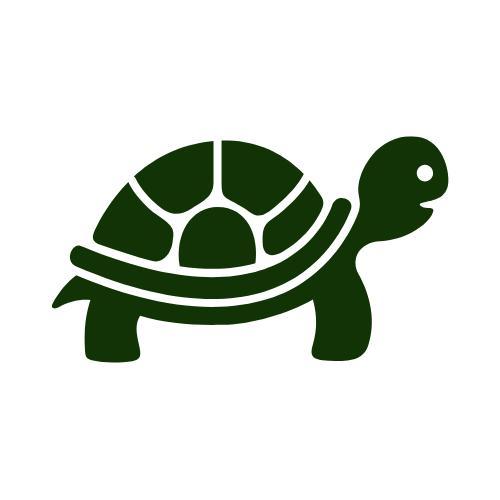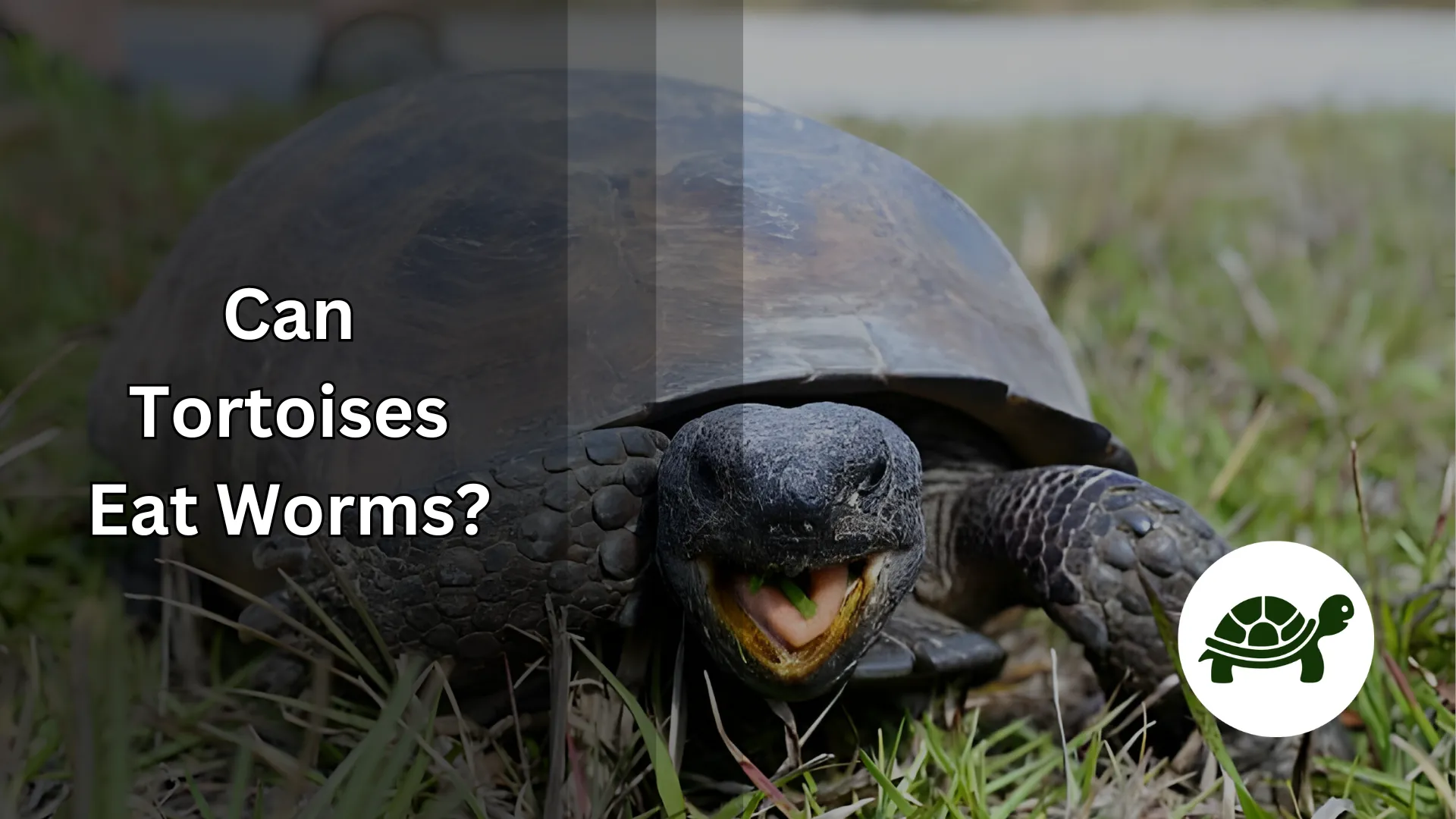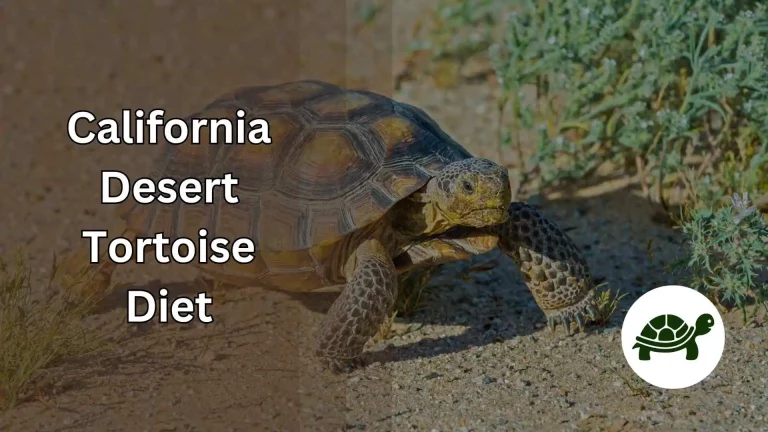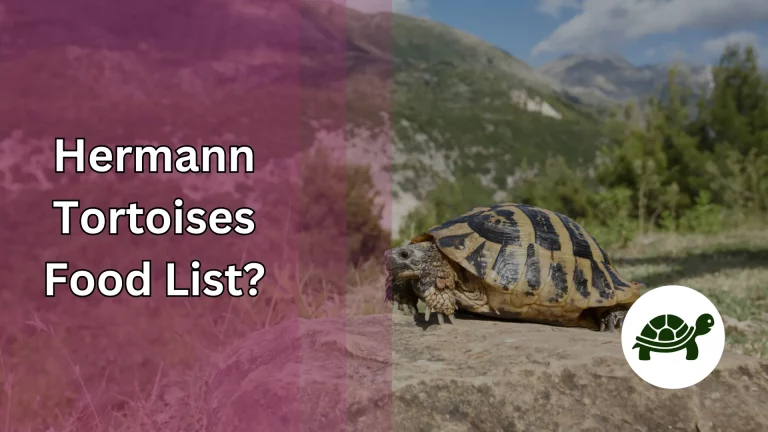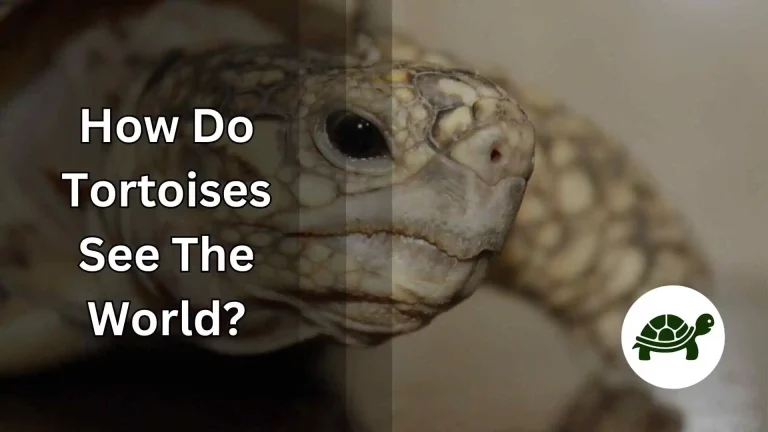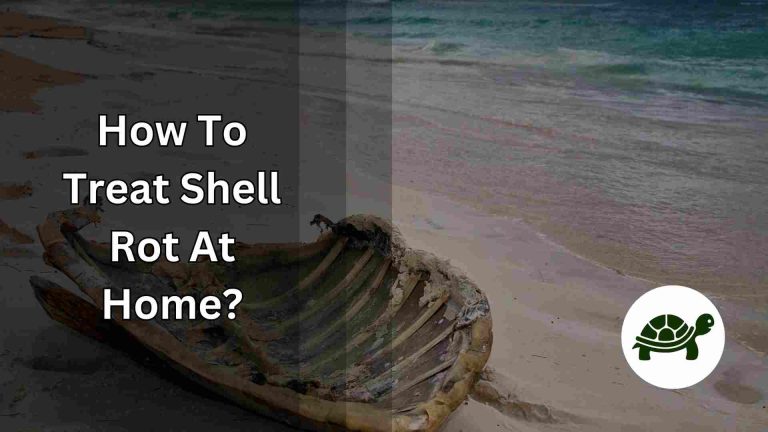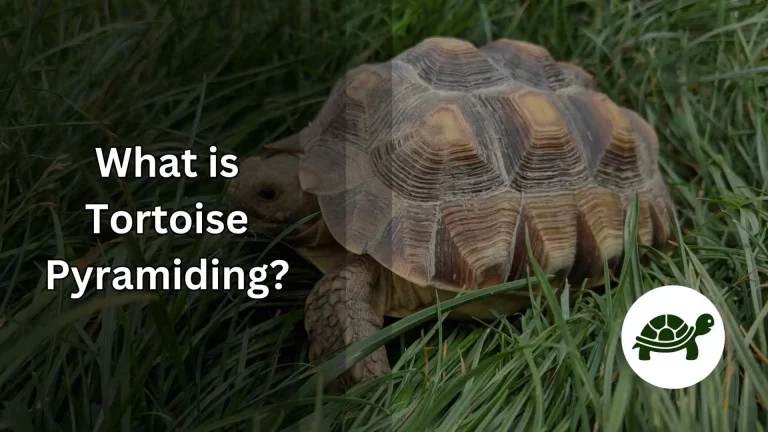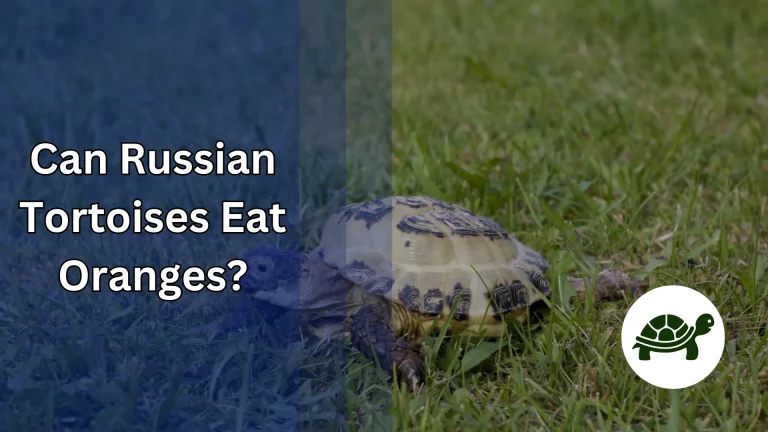Can Tortoises Eat Worms? – All You Need To Know
Welcome to the fascinating world of tortoise care, where understanding your shelled companion’s dietary needs is key to ensuring their health and happiness. As tortoises continue to gain popularity as unique and intriguing pets, it’s crucial for owners to learn about their specific nutritional requirements. This post delves into one of the most intriguing questions pet tortoise owners often ponder: Can tortoises eat worms? Navigating through the do’s and don’ts of a tortoise’s diet can be tricky, but with the right information, you can become a more informed and responsible pet parent.
In this blog post, we’re exploring the suitability of worms as a dietary addition for your pet tortoise. Given the diverse dietary habits of different tortoise species, it’s important to understand whether incorporating worms into their diet is beneficial or potentially harmful. Our aim is to provide clear, evidence-based advice to help you make the best dietary choices for your shelled friend. So, let’s dig into the details and find out if worms can be a part of a healthy tortoise diet.
Understanding Tortoises’ Natural Diet
Tortoises are fascinating creatures with diverse dietary habits. In the wild, their diet largely depends on their habitat and species. For instance, desert tortoises might graze on grasses and flowers, while tropical species often enjoy fruits and leafy greens. This variety in diet is crucial for their health, providing essential nutrients and maintaining their natural foraging behavior.
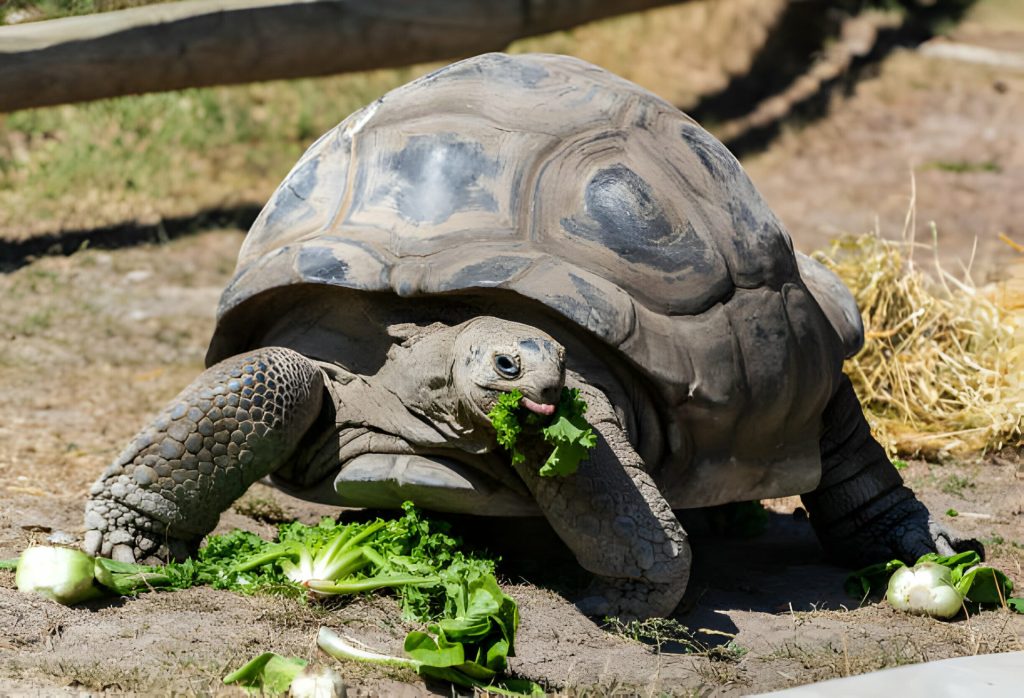
However, pet tortoises’ diets can be quite different. In captivity, they don’t have the same range of foods available as in the wild. This is where a pet owner’s role becomes vital. By understanding what wild tortoises eat, we can better mimic their natural diet at home. It’s all about balance. A healthy pet tortoise diet includes a mix of vegetables, fruits, and sometimes supplements, depending on the species.
It’s essential to research your specific tortoise species to cater to their unique dietary needs. For example, Mediterranean tortoises thrive on a diet rich in leafy greens, while tropical species might need more fruit. Remember, what works for one tortoise species may not suit another. Knowledge is key to ensuring your pet tortoise not only survives but thrives.
The Role of Worms in a Tortoise’s Diet
When it comes to feeding tortoises, worms are a topic of much debate. Not all tortoises are the same, and their need for worms in the diet varies. Some species may benefit from the occasional worm, while for others, it might not be suitable. Worms can be a source of protein, which is essential but should be given in moderation, especially for herbivorous tortoises.
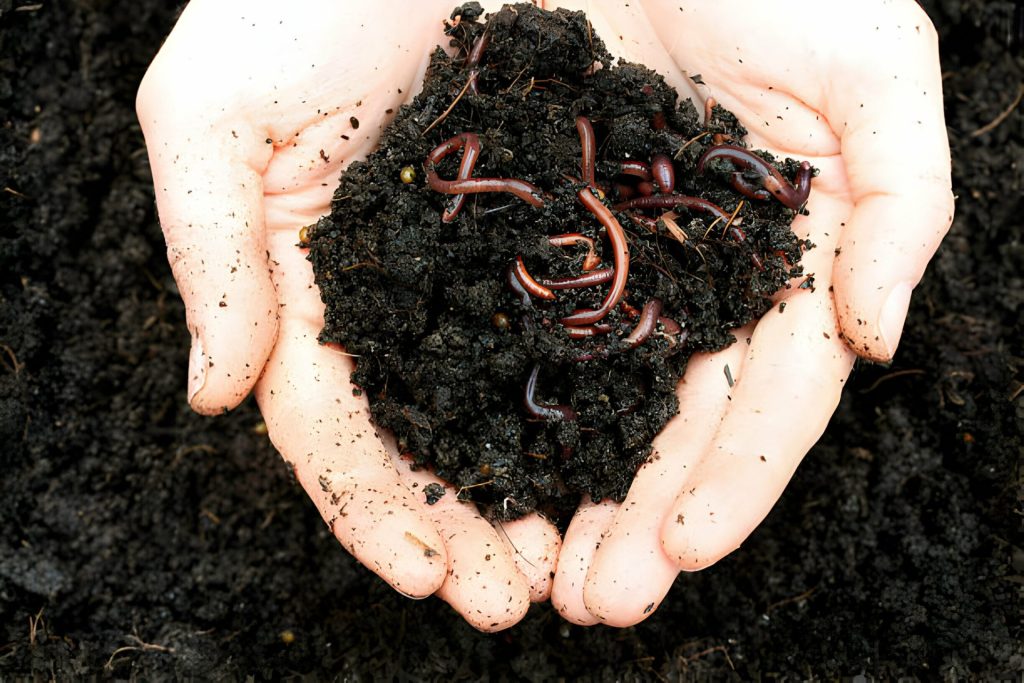
Herbivorous tortoises, like the popular pet species Sulcata and Russian tortoises, naturally consume a diet low in protein. For these tortoises, too much protein can lead to health issues. On the other hand, omnivorous species, such as the Red-footed tortoise, can handle more protein and may enjoy worms as part of a balanced diet. The key is moderation and understanding the specific needs of your tortoise species.
It’s also important to consider the type of worms and their source. Not all worms are equal in nutrition, and some may carry parasites or toxins. If you choose to feed worms, opt for those specifically intended for reptile feeding. These are usually available at pet stores and are safe for your tortoise. Remember, a tortoise’s health is heavily influenced by its diet, so any changes, including adding worms, should be approached with care and knowledge.
How to Safely Introduce Worms into Your Tortoise’s Diet
Introducing worms to your tortoise’s diet needs to be done with care. The key is to start slowly and watch how your pet reacts. Before you begin, it’s important to know which species of tortoise you have. This determines if worms are a good fit for their diet. For tortoises that can eat worms, here’s how to do it safely.
Start by offering a small amount. One or two worms are enough for the first time. This allows you to see if your tortoise likes them and how their body responds. It’s best to feed worms as a treat, not a main food. They should only be a small part of the diet, even for omnivorous species.
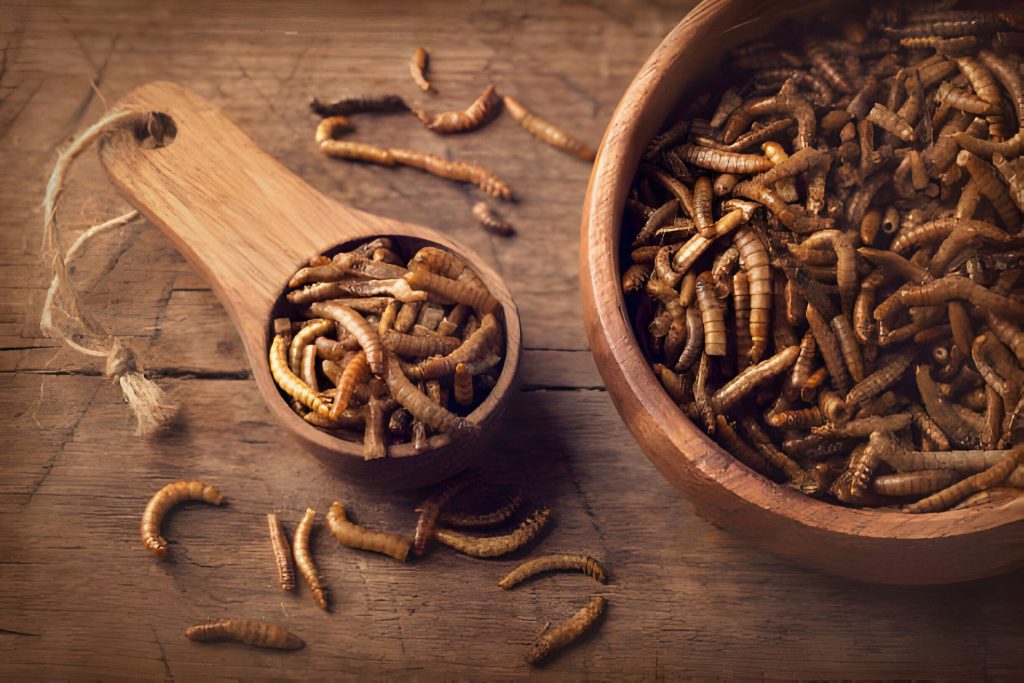
The quality of worms is also crucial. Buy them from reputable pet stores or breeders. These worms are safe and free from harmful chemicals. Never pick wild worms as they might carry diseases. Feed the worms to your tortoise fresh, and remove any uneaten worms from their habitat.
Keep an eye on your tortoise after they eat worms. Look for signs of good health like active behavior and regular eating habits. If you notice any changes or if they seem unwell, it’s best to consult a vet. They can give advice tailored to your pet’s needs.
Frequently Asked Questions (FAQs)
Q1. Can all species of tortoises eat worms?
Not all tortoise species should eat worms. Herbivorous tortoises, like the Sulcata, typically have a diet consisting of plants and should not consume worms. In contrast, omnivorous species like the Red-footed tortoise can eat worms as part of a balanced diet. Always research your specific tortoise species to understand their dietary needs.
Q2. How often should I feed worms to my tortoise?
Worms should be fed sparingly, especially if your tortoise is primarily herbivorous. For omnivorous species, you can offer worms as a treat, perhaps once a week or bi-weekly, depending on the tortoise’s overall diet and health. Consistency and moderation are key to prevent overfeeding and potential health issues.
Q3. What type of worms are best for tortoises?
Safe worm choices for tortoises include mealworms, waxworms, and earthworms, but they should be purchased from reputable sources to ensure they are free from pesticides and parasites. The nutritional content varies among these types, so it’s essential to choose based on your tortoise’s specific dietary needs.
Q4. Are there any risks associated with feeding worms to tortoises?
Yes, there are risks, especially for herbivorous tortoises. Excessive protein from worms can lead to health issues like shell deformities and liver problems. For omnivorous tortoises, the risk is lower, but it’s still important to feed worms in moderation to maintain a balanced diet.
Q5. Can I feed wild-caught worms to my tortoise?
It’s not recommended to feed wild-caught worms to tortoises, as they may contain parasites, pesticides, and other harmful substances. Always opt for worms from a pet store or a trusted breeder to ensure they are safe for your pet.
Conclusion
In conclusion, whether tortoises can eat worms depends largely on the species and their natural dietary preferences. While some omnivorous tortoises may benefit from the occasional worm, for herbivorous species, it’s best to stick to a plant-based diet. Remember, the key to a healthy tortoise is not just in what they eat, but also in how their diet matches their natural eating habits. As a responsible pet owner, it’s crucial to research and understand the specific needs of your tortoise species, ensuring that any dietary changes, like introducing worms, are done with care and knowledge.
We hope this guide has been informative and helpful in answering your questions about tortoises and their diets. Keeping a tortoise healthy and happy is a rewarding experience, and understanding their dietary needs is a big part of that. Always consult with a veterinarian for tailored advice, and remember, a well-balanced diet is the foundation of a long, healthy life for your shelled friend.
